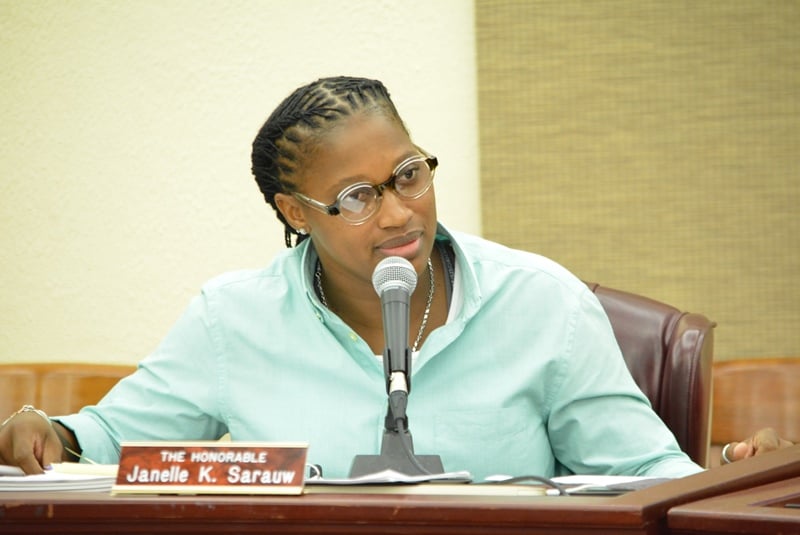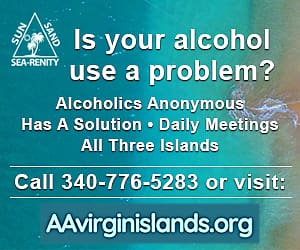
Lawmakers say they want to diversify the Virgin Islands economy by pushing forward a bill that will designate 3,000 acres on the south shore of St. Croix as an enterprise zone, entitling businesses to tax breaks for being located there, adding to two existing enterprise zones on the island and making a total of five zones in the territory. At Thursday’s Senate Finance Committee hearing, senators voted to forward the bill to the Rules and Judiciary Committee, noting that the legislation is in line with the “blue economy” they are seeking to create in the territory.
The proposed enterprise zone would allow businesses therein a 20-year exemption from real property taxes, gross receipts taxes, excise taxes on building materials and equipment and a 90 percent exemption on income taxes filed in the territory. Additional benefits within the proposed South Shore Enterprise Zone would include exemptions from Customs laws and duties, excise taxes and gross receipts taxes for any merchandise or supplies imported and then re-exported from the enterprise zone.
“The main benefit of the enterprise zone will be attracting businesses that will import goods, assemble or transform them and reexport finished products that are exempt from customs duties and excise taxes,” said Mark Wenner, chief economist for the Office of Management and Budget’s Division of Economic Research.
The incentives within the proposed enterprise zone, Wenner said, are competitive with incentives offered in other jurisdictions, especially Puerto Rico.
Additionally, testifiers noted that the territory is not subject to the federal law known as the Jones Act. This act regulates maritime commerce in the United States and requires goods shipped between any U.S. ports to be transported on vessels built, owned and operated by citizens or permanent residents. This differentiates the Virgin Islands from Puerto Rico further, as Puerto Rico is subject to the Jones Act.
The general goal for any enterprise zone is to create good-paying jobs that increase production and sales therein, while simultaneously revitalizing the neighborhood in which the zone is designated.
The goals for the new enterprise zone would be no different, and the bill stipulates any businesses in the zone must generate 10 jobs and a paid apprenticeship position each year.
Wenner said the hope is that the new enterprise zone will attract “light assembly, pharmaceuticals, medical devices, 3-D printing manufacturing, high technology, food and agricultural processors, maritime industries and transshipment operations.”
All committee members said they think the legislation, sponsored by non-committee member Sen. Novelle Francis Jr., is important and will aid in diversifying the Virgin Islands economy.
Sen. Janelle Sarauw said she remembers learning, while taking a college course called International Political Economy, that the Panama Canal began an expansion in 2007, and ports around the world began to dredge harbors. “Everybody in the world was dredging and we were in the Virgin Islands chilling, looking for more cruise ships at the Sea Trade Conference. And we missed the whole mark on the expansion of the Panama Canal.”
Sarauw said she thinks the territory has forgotten it was purchased by the United States with the intent to protect access to the Panama Canal in the event of war.
“We missed it, but I think we have come full circle, because when those Panama ships go through the canal, one of the first stops that they can make is the south shore of St. Croix,” Sarauw said.
All committee members – Sens. Sarauw, Kurt Vialet, Marvin Blyden, Oakland Benta, Allison DeGazon, Dwayne DeGraff and Donna Frett-Gregory – were present for the Finance hearing.














